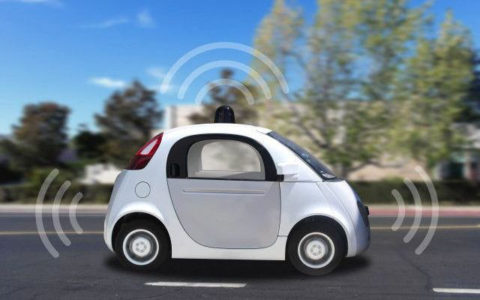Podcast: Play in new window | Download
Subscribe: RSS

Liver cells have aspirations too, you know.
Once upon a time, two liver cells suddenly became self-aware. They soon found they had a lot in common — boredom with their dead-end jobs (making bile and filtering blood), contempt for liver cells from the other lobe, and a burning desire to better themselves. Their ardent conversations about how they saw the world, now that they were self-aware, awoke nearby cells, and soon they were a colony.
With breathtaking speed, they developed a culture. They posited evolution as a way of explaining how nature, over millennia of selecting the fittest, came up with, well, them — and then stopped selecting, its job complete. They invented a religion to explain why God, having all the options that He had, decided to establish communications with, well, them. And they never missed an opportunity to praise God for His good judgement. Continue reading
 Like all the new updates offered constantly for all the machinery of life, it seemed at first like such a good idea: using the technology of “smart” phones to provide an instant, universal warning of impending nuclear attack. What a great idea! A lifesaver, as long as you make several unwarranted assumptions about the size and target of the nuclear strike, and ignore all the questions that arise, such as what do people actually do when they’re been warned, and if you save their lives just so they can crawl out of a shelter onto a radioactive rubble heap, what have you accomplished? Never mind. Great idea.
Like all the new updates offered constantly for all the machinery of life, it seemed at first like such a good idea: using the technology of “smart” phones to provide an instant, universal warning of impending nuclear attack. What a great idea! A lifesaver, as long as you make several unwarranted assumptions about the size and target of the nuclear strike, and ignore all the questions that arise, such as what do people actually do when they’re been warned, and if you save their lives just so they can crawl out of a shelter onto a radioactive rubble heap, what have you accomplished? Never mind. Great idea.
 Drat. It seemed I had been proven wrong yet again. Just two months after having written that
Drat. It seemed I had been proven wrong yet again. Just two months after having written that 



![By Steve Jurvetson (originally posted to Flickr as Hands-free Driving) [CC BY 2.0 (http://creativecommons.org/licenses/by/2.0)], via Wikimedia Commons](https://www.dailyimpact.net/wp-content/uploads/2017/08/Driverless.jpg)
